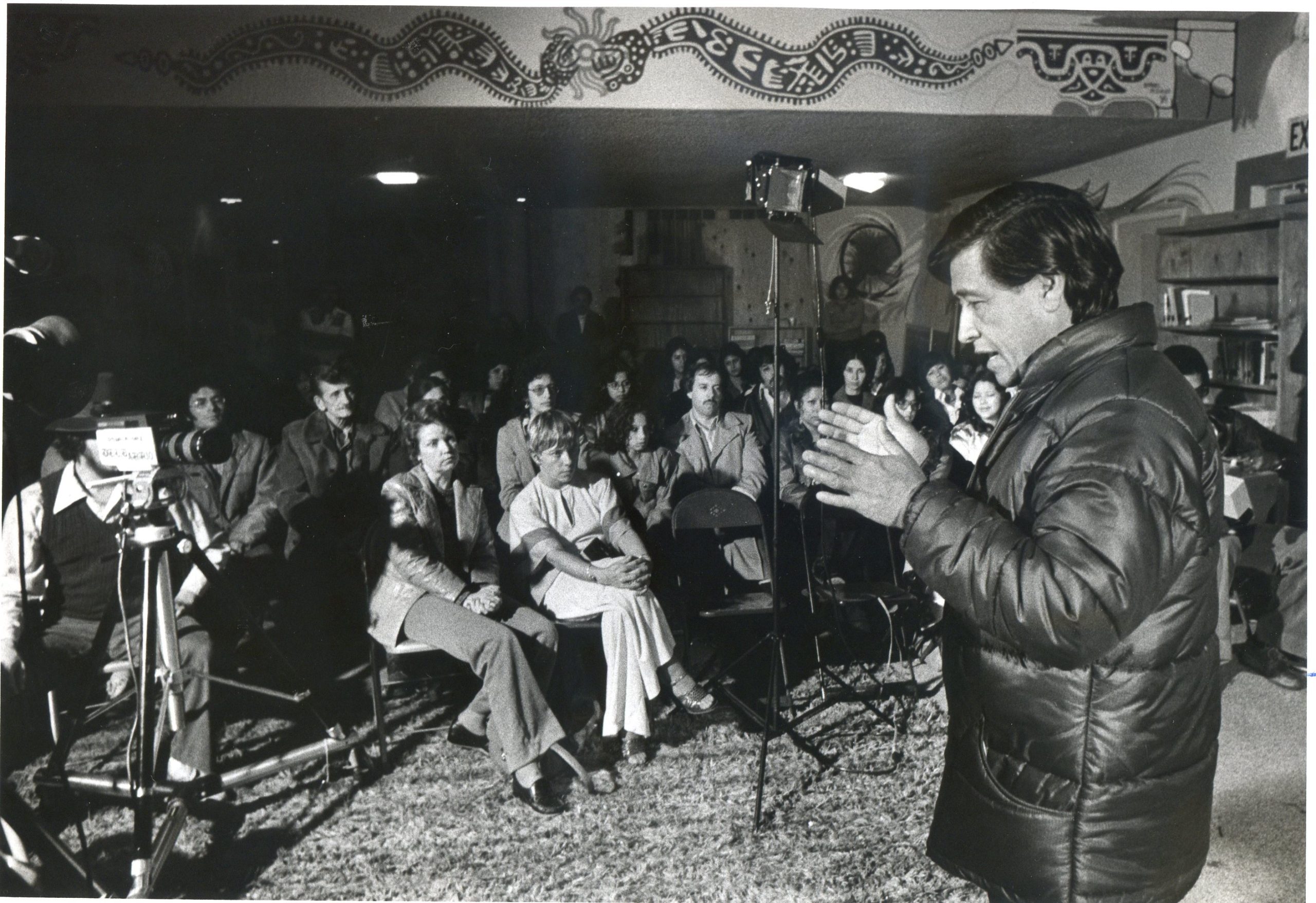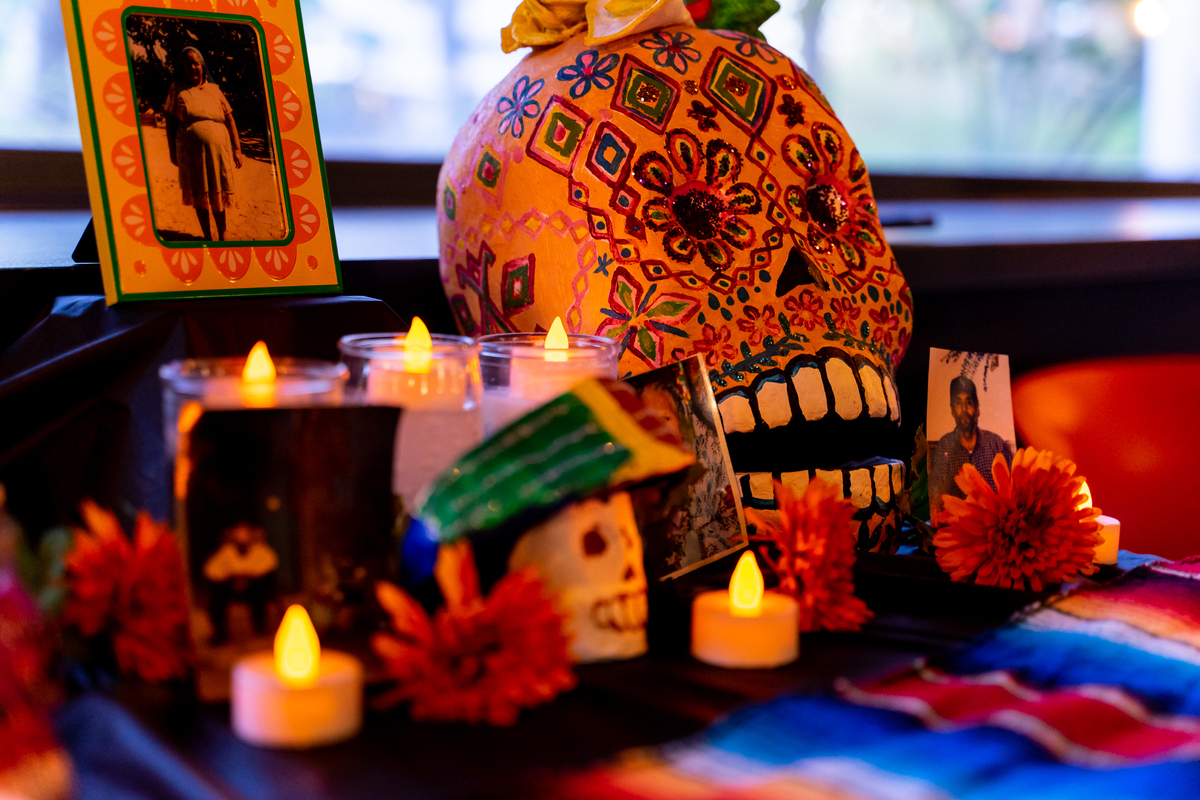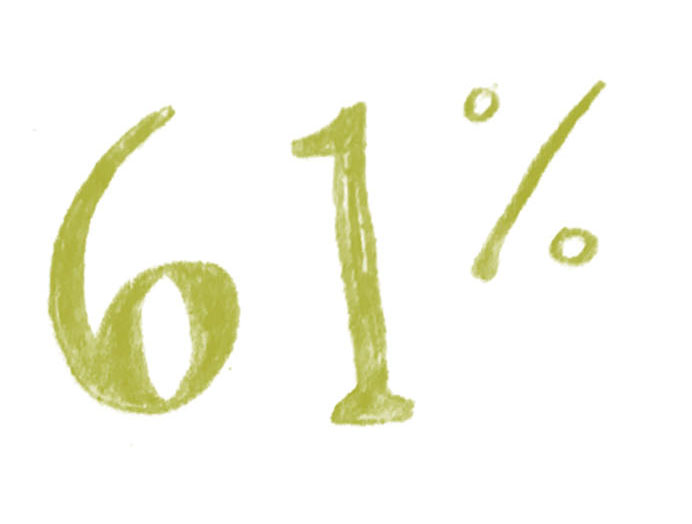Latinos comprise the largest minority group in Oregon at 14% of the population. The state’s Latinx population has increased by 113% over the past 20 years, and now six Oregon counties account for a more significant percentage of Latinx residents than the national average of 19%.
However, Latinx representation in Oregon’s education falls exceptionally short of these numbers. Only 6.6% of Oregon school teachers are Latinx—as are a mere seven out of 194 school district superintendents.
Disparities persist in higher education as well, with 16% of Latinx Oregonians having obtained a Bachelor’s degree or higher compared to 33% of white Oregonians.
“We feel like we don’t have equitable investment in our communities and equitable representation in our communities, and it’s true—I mean, we can prove it,” said Anthony Veliz, founder of Oregon’s Latino leadership network PODER.
Educational inequity is one of many systems of imbalance that PODER works to dismantle. The organization was born as a response to the pandemic’s disproportionate effect on Latinx and Indigenous Mesoamerican communities.
Today, PODER advocates for accessible healthcare, Spanish and Mesoamerican linguistic equity and economic security for Latinos across Oregon.
50 years ago, a kindred institution was responding to parallel issues—this time founded by Veliz’s very own father and others like him. This institution was Colegio César Chávez in Mt. Angel, Oregon—the country’s first independent, four-year Chicano university.
The college was made by and for Latinx/Chicano farm workers to forge a place in higher education for those who were—and are still—systematically excluded from mainstream institutions.
“My dad and a group of farmworkers knew instinctively—you know, because we were all farmworkers working in the fields—that the only way out of the fields was to get an education,” Veliz said. “So in their great wisdom, they said, ‘Why don’t we start a college?’ And they actually did it.”
The educational model of a college without walls was the foundation of Colegio César Chávez’s construction—a progressive approach which valued community service, technical skills and independent projects in collaboration with faculty rather than limiting learning to a rigid grading system.
As the institution’s name suggests, Colegio César Chávez was fundamentally inspired by El Movimiento—the Chicano Movement—and subsequently emphasized multicultural and bilingual education, Latino and BIPOC empowerment and representation for labor rights for farm workers.
Despite this uniquely inclusive framework, the institution ended up dissolving due to financial constraints in 1983.
The college has left an indelible mark on Oregon’s history. In honor of the college’s fiftieth anniversary, PODER will be hosting a celebratory event on August 26. Alongside food, games, live music and entertainment, there will be an exhibit dedicated to the history of the college and a storytelling panel composed of the college’s founders.
“It’s going to be beautiful, historic, once in a lifetime,” Veliz said. “Literally once in a lifetime, because the founders are in their eighties, so those that are still with us will be there to celebrate.” Additionally, paid tickets are available for the event’s kick-off breakfast with keynote speaker Dr. Gustavo Balderas—a nationally recognized educator and the Beaverton school district superintendent.
Many educational institutions, community members and local organizations are coming together to make this event informative and actionable. “It is Oregon’s history and farmworker history,” said Veliz. “We think it’s really important that all Oregonians learn a little bit about our past.”
Moving into the future, PODER advocates for greater Chicano-Latino representation throughout Oregon’s social and educational institutions. “About PODER and the colegio—to me, it’s the modern-day movimiento,” Veliz said.
“The original movement was like Cesar Chavez, Dolores Huerta—and they did it the way they did,” he said. “Now you’re talking fifty years later, but still with the spirit of serving and advocating for the most vulnerable parts of our community—which are undocumented, Indigenous, Mesoamerican farmworkers.”
One way that post-secondary institutions could support Latinx students is by pursuing the Hispanic-Serving Institution (HSI) designation, a federal program that requires a 25% Hispanic or Latino student population. Qualifying as an HSI allows institutions to receive additional federal funding and support systems for Latinx students.
While many of Oregon’s higher education institutions do offer Chicano/Latinx studies and cultural centers, such a designation would indicate a commitment to serving the Latinx community on a larger scale and act as a university-wide initiative for the admission and retention of Latinx students.
Colegio César Chávez represented an institution committed to creating educational opportunities and accessibility. While the college exists today in memory, Veliz imagines a prospective reopening.
“There’s gonna be a major push, and it’s gonna happen,” he said. “I believe that we’re going to jumpstart Colegio César Chávez, probably virtually and then maybe eventually into brick and mortar someday.”
“I can see us tapping into the best and brightest minds—Chicano, Latino professors in America—to teach, because virtually there are no walls,” said Veliz. “So that’s really exciting.”
The Colegio César Chávez fiftieth anniversary will take place in Mt. Angel, Oregon. It will be free and open to the public by reservation on PODER’s website.






